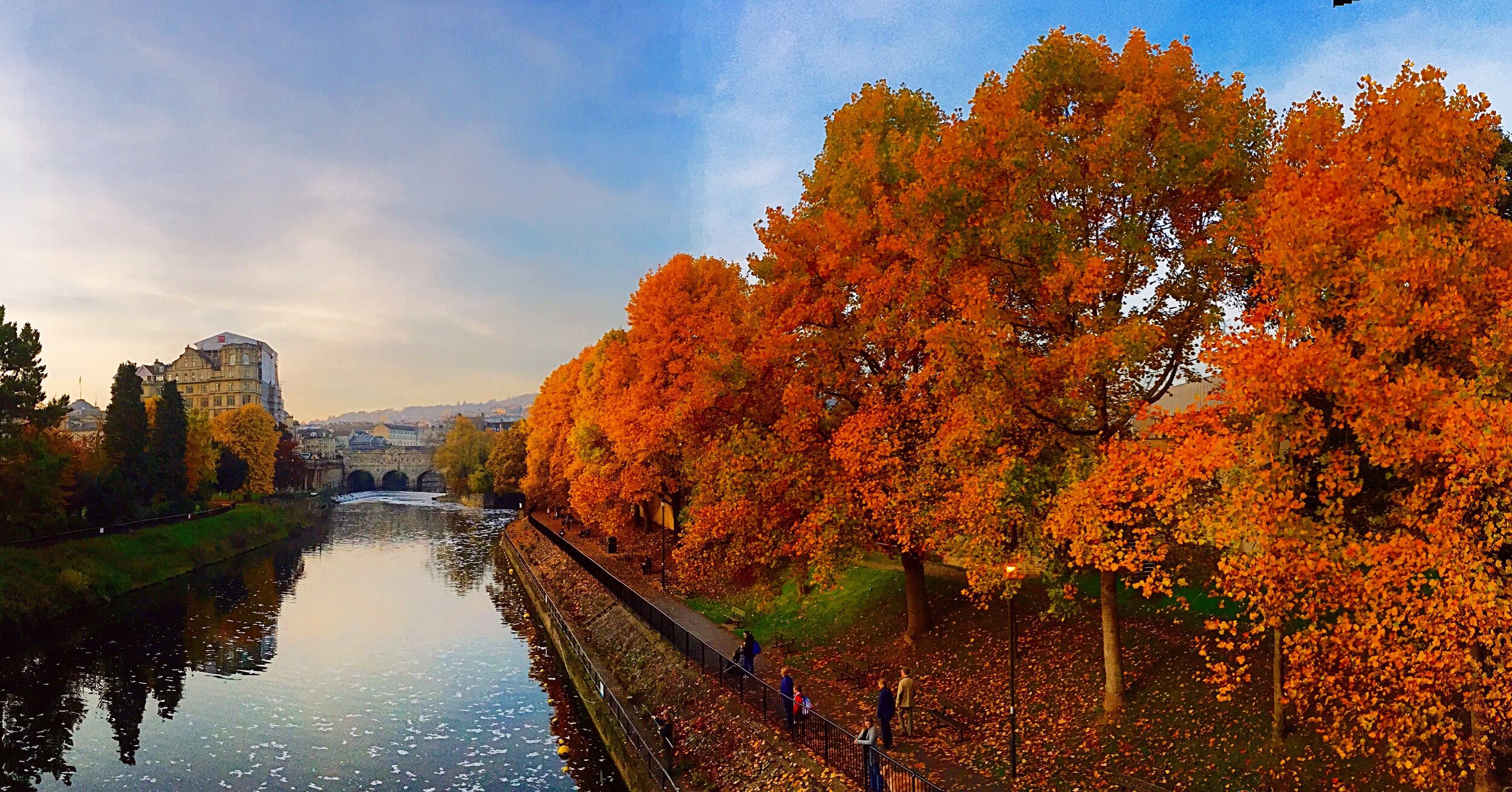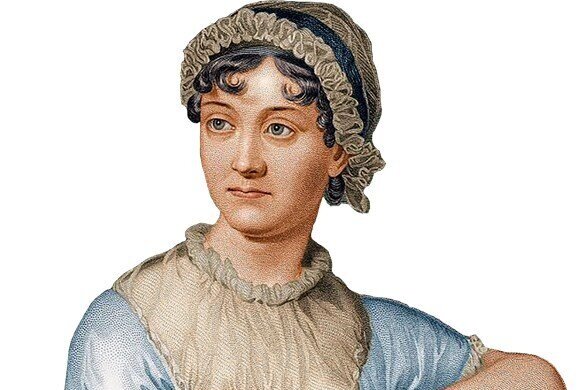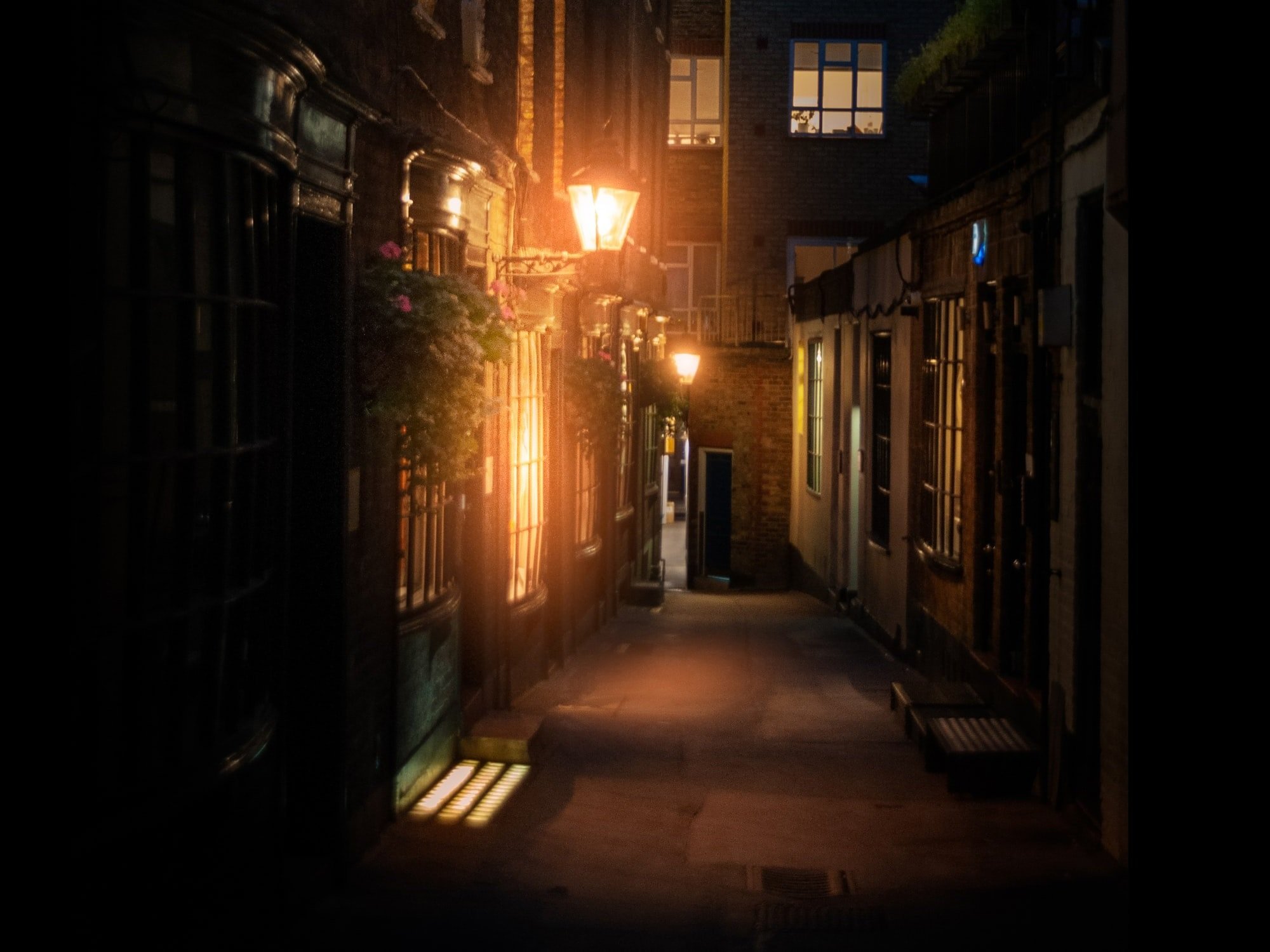
English
Courses available in English
As might be expected, ASE’s English curriculum is particularly broad, and has a distinctly British flavour. Our courses on Jane Austen and William Shakespeare are ever-popular; but students can also choose from an array of seminar classes and Oxford-style tutorials looking at everything from ancient British mythology, CS Lewis and JR Tolkien, to British detective fiction or contemporary Black British writers. Combined with our Creative Writing, Theatre and Film opportunities, the choice available to students of English is rich and varied.
This course explores racial identities in fantastic fiction from around the world from the nineteenth century to the present day in an attempt to define a Black fantastika.
Britain has a distinguished – and distinctive – tradition of crime writing. This course explores the development of this tradition from the nineteenth century to the present day.
How do TV period dramas reflect and influence British national identity, and others' perception of it? Why does the genre continue to be so popular? And how far has it adapted (and should it adapt) to 21st century values?
This course examines the continuing appeal of British televised period drama.
This course will examine some of the most prominent and original British writers of colour of the past 50 years, including Monica Ali, Samuel Selvon, Salman Rushdie, Zadie Smith and Andrea Levy.
This course aims to provide an introduction to the extraordinary artistic scope of Shakespeare’s work across genres. Five plays will be examined in their own contexts.
What does it mean to be a man or a woman in medieval English literature? This course offers the opportunity to explore gendered identities in the Middle Ages.
This course is an introduction to the power, variety and continuing importance of Irish writing. Students will study the relationship between art and its social and cultural context.
This course will explore how Austen's acute social observations of the late eighteenth and nineteenth centuries live on into the twenty-first.
This course explores the representation of evil through literary texts, survivors' testimonies and theoretical argument. Key themes include the propensity for evil within groups, including cults; the desire for a leader; and the way in which psychopathology is presented in literature and the 'true crime' genre.
Britain and Ireland have a rich heritage of myths and legend that merits comparison with the better-known Greek and Norse cycles.
Realism, Naturalism, Romanticism, Total Theatre, Socialist and Feminist Drama: there have been numerous developments in British Theatre since William Shakespeare and the Renaissance.
Contemporary picturebooks and graphic novels have transformed the way we think about reading, demanding the orchestration of the visual and the written in order to make meaning.
From Lewis Carroll’s Alice books to Harry Potter and beyond, this course provides an opportunity to trace the development of British fantasy writing for children. We will explore the specifics of the fictional worlds encountered, and raise fascinating questions about the relationship between the child and the adult, the imaginary and the real, and what it is to be a reader of fantasy.
This course explores how conjunctions of 'queer', 'gay', and 'lesbian' are explored in Gothic texts, and how they have the capacity for exploring difference in both problematic and liberating ways.
Over the past three decades, humanity has become increasingly conscious that we are changing the climate, and contemporary writers are finding expression for this concern in emergent genres such as cli-fi and ecopoetry.
What makes the English laugh? Is it possible to reach an understanding of the English sense of humour through the study of literature? This course provides an investigation of a wealth of humorous literature in an effort to seek answers to these questions.
Inspired by real-life scandalous events, such as public divorces, backstreet abortions, and murder cases, Sensation Fiction emerged in the 1860s to shock the reader by ‘preaching to the nerves instead of the judgement’. In its exposure of transgressive and deviant behaviour, this sensational genre is also closely related to Gothic and detective fiction.
How can an understanding of the techniques of past living poets, help your own work? This course will explore many kinds of rhythmical language, from Beowulf to Hamilton.
This course explores the magical world of pre-modern magic. From malevolent witches, to the cunning folk who sold magical cures, England was filled with people dabbling in the supernatural.
This course offers the opportunity to explore the proliferation of ‘mad, bad, and sad’ women in literature from the late nineteenth to the mid-20th century.
This course traces the history of epic fantasy in the twentieth century through the work of JRR Tolkien, CS Lewis and Philip Pullman.
This course follows the chronological pattern of Woolf’s career as a novelist, exploring the ways that her writing experiments with narrative form and contributes to the development of the English novel.
Situated in an elegant Georgian town house in the centre of the City, the Jane Austen Centre houses a permanent exhibition which tells the story of Jane Austen’s brief but eventful stay in Bath.
Mr B’s Emporium of Reading Delights is much more than just a bookshop, and their varied programme of events has twice won them the national ‘Independent Bookshop of the Year’ award.

























